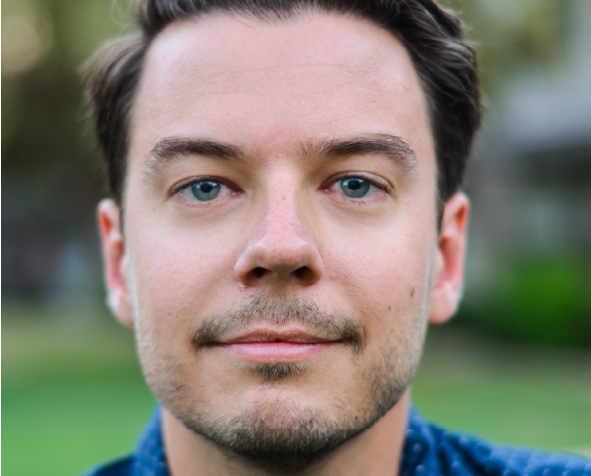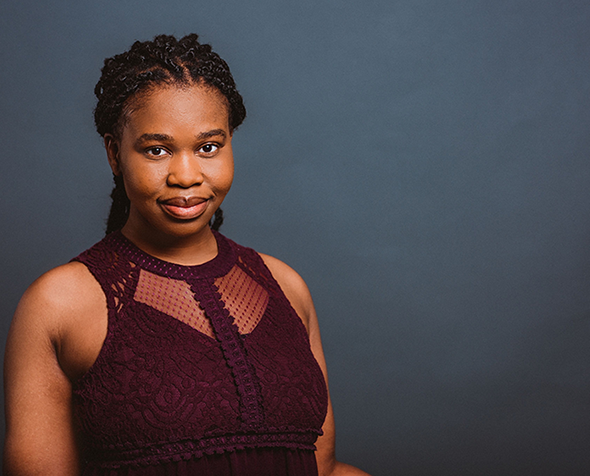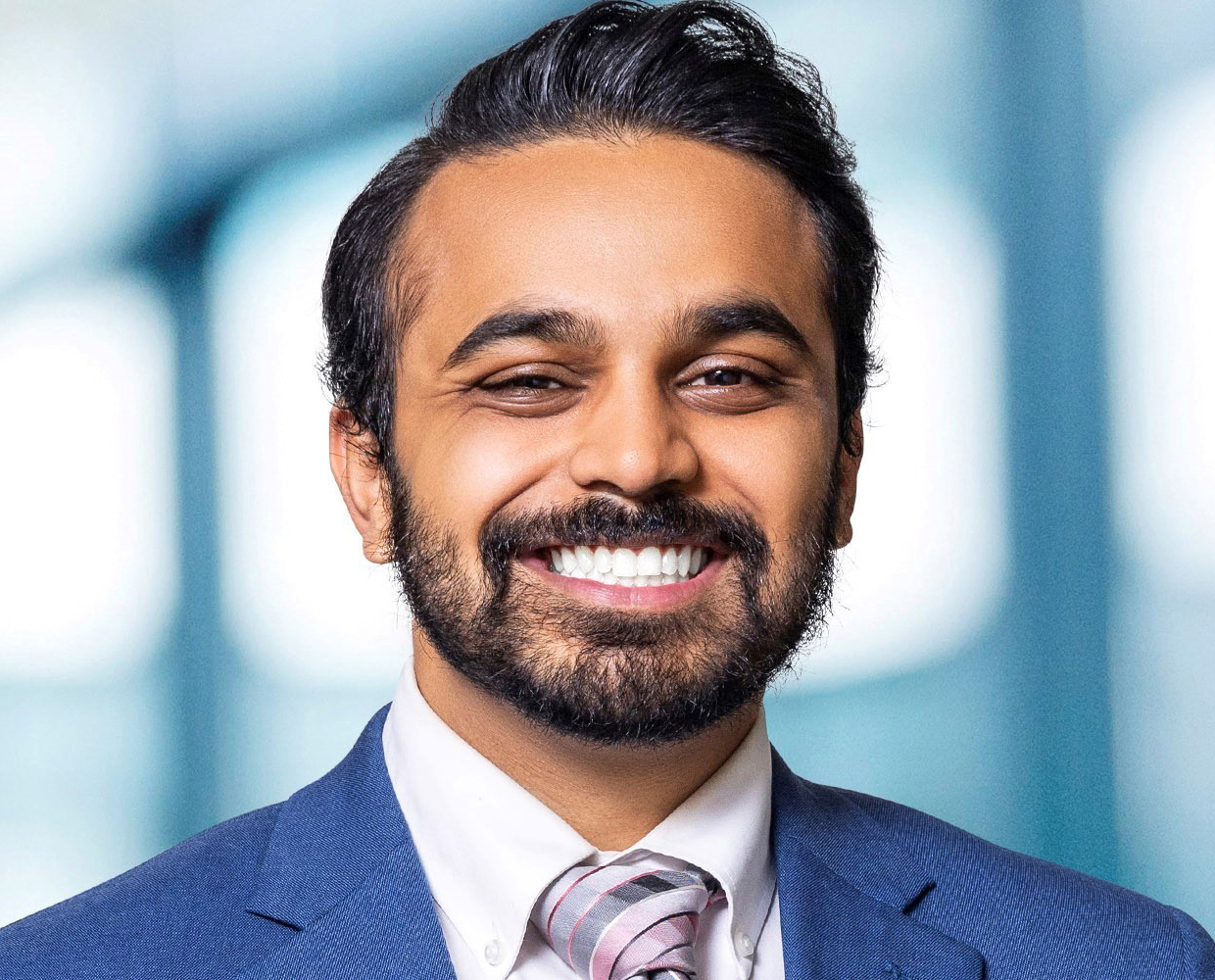CWLC Associate Director Fosters Cultural Exchange, Sharing Languages of Home and Heart

Relocating to Denver with her family from a small town in Maine at age 13 sparked a lifelong passion for languages and cultures in Ethel Swartley, associate director of the College of Arts, Humanities & Social Sciences (CAHSS) Center for World Languages & Cultures (CWLC).
“My first friends in Denver were our downstairs neighbors, a family of Laotian refugees,” she said. “I had never met people so different or anyone who even spoke another language. They did things I found really fascinating like drying fish out on the patio and there were always wonderful food smells coming from their apartment.”
That friendship, kindled in the early 1980s, opened Swartley’s eyes to the world and transformed her vision for her future. “I came out of high school knowing I wanted to work with international people coming to the United States,” she said.
Swartley majored in sociology and English writing at Eastern University, where she did an internship on refugee resettlement. She later earned a master’s degree in instructional systems development with a concentration in ESL from the University of Maryland.
She discovered a love for teaching ESL while tutoring international students at a community college in Maryland and taught English in Korea for two years before relocating to Philadelphia, where she taught ESL for 10 years at Drexel University.
When her husband landed a job in Denver in 2006, Swartley took a position at DU’s former English Language Center, where she taught English to international students interested in refining their language skills to increase their odds of academic success.
During her years in that role, Swartley also participated in short-term international teacher training programs for the U.S. State Department, specializing in “languages for specific purposes,” such as teaching English for university faculty in fields including education, science and business. Her projects included training instructors in three West African countries and leading business communication programs in the Caribbean.
Most recently, in 2018, Swartley traveled to Iraq to train STEM faculty so that they could comply with the Iraqi government's mandate requiring all STEM fields at the university level to be taught in English. She conducted a workshop providing faculty members with strategies for helping their students (who didn't grow up in an English system) to learn English while simultaneously studying the STEM curriculum.
DU supported Swartley’s involvement as a university academic specialist by covering her classes in her absence.
“Being able to see faculty from all over the country and from different ethnic backgrounds and religious sects bonding in a room together for two weeks was precious,” she said. “It felt like such a valuable service I was able to offer them through our government.”
When the English Language Center closed in 2021, Swartley transitioned to her current position in the CWLC. Her work entails hiring, training and mentoring student language tutors, who in turn assist their peers who are studying to fulfill DU's first-year language requirement. Swartley also oversees the CWLC's non-credit language courses which are geared toward graduate students and community members.
Through the "Languages for You!" program, the CWLC pairs students and community members with native-speaking language partners to learn less commonly taught languages. In winter quarter, for example, the program offers courses in 14 different languages, including Farsi, Hindi, Korean, Amharic and Swahili. Swartley promotes these courses to nonprofit organizations and others who are working with immigrants and refugees located in Denver.
“In a sense I’m coming back full circle to my first love for supporting the refugee community,” she said, explaining that she gets requests from nonprofit staff interested “in learning a little bit of the language of the people they’re working with. If I can find a person on campus who knows that language, I can set it up as a class even for just one person,” she added.
The program also receives and, when possible, fulfills requests from professionals and other community members interested in keeping up their language skills.
Swartley helps peer educators and tutors understand how people learn languages and how to support the people they’re teaching. “Those meetings are just sweet because the tutors talk about how pleased they are to be sharing their culture with people and often open up about other challenges they’re facing,” she said. “I really enjoy spending that one-on-one time encouraging them on their pathway at DU.”
An avid quilter who learned to quilt decades earlier, inspired by quilt blocks gifted to her by her grandmother, Swartley pieces together fabrics and materials garnered from her international forays to create cross-cultural quilts celebrating the people and places she’s encountered.
During one of the State Department trainings she worked on in West Africa, for example, she “stood literally up to my knees in a marketplace filled with all these warm, beautiful cotton fabrics that ended up in my quilts. So that’s been part of the journey, too, a way of honoring the people I’ve met and worked with.”
She gives most of them away. “While I’m working on each quilt, inevitably someone is always on my mind and I know that quilt will go to them,” she said.
Swartley finds supporting language learning and international students on campus personally rewarding. “Most university classes are taught in English and international students can sometimes hide in classes because they don’t feel confident about their language skills,” she said. “Enabling them to tutor others in the languages of their homes and hearts builds their confidence and allows them to really share who they are.”





